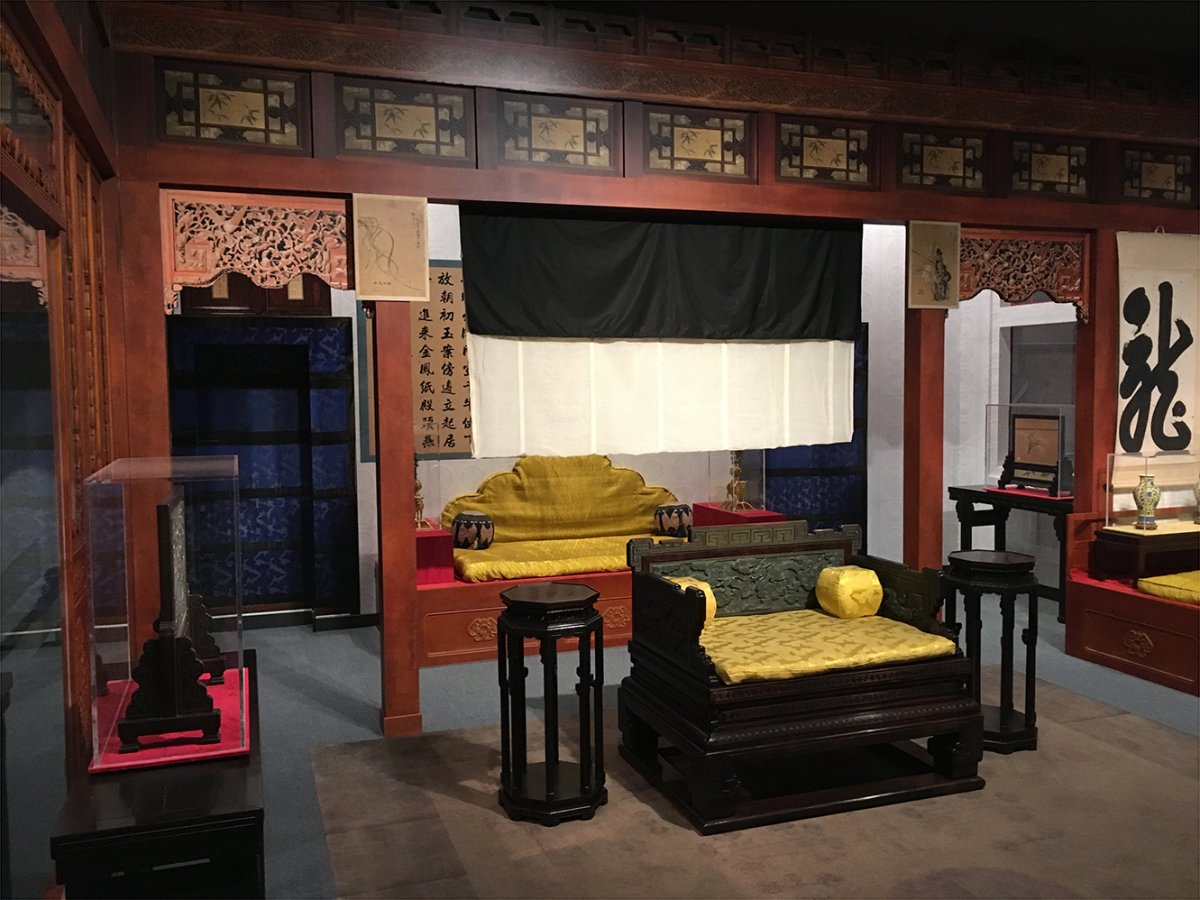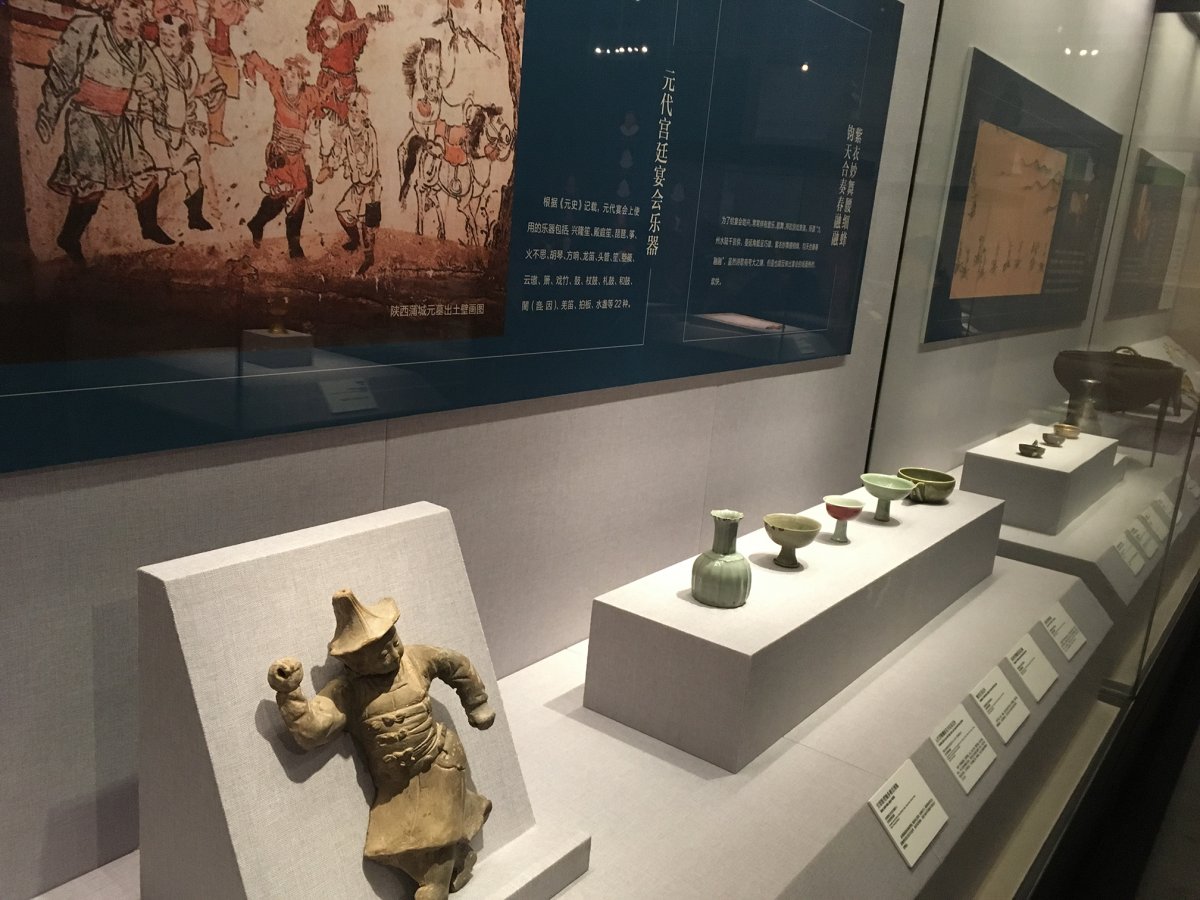Special Exhibitions at the Capital Museum Highlight Beijing's Imperial Past
The Capital Museum explores Beijing's imperial past in two special exhibitions going on this month. Highlights include artifacts from the Emperor’s private chambers at the Forbidden City and an an exhibit commemorating the 740th anniversary of Kublai Khan establishing his capital Khanbaliq on the site of present-day Beijing.
“Hall of Mental Cultivation in the Forbidden City” showcase 268 relics previously held at the Palace Museum. The Hall of Mental Cultivation served as the primary residence and workspace for the emperors of the Qing Dynasty. The space at the Forbidden City is currently undergoing extensive renovations which will keep it closed until 2020. The exhibition at the Capital Museum allows history buffs to enjoy close up views of the artifacts, furnishings, and recreations of imperial chambers previously obscured by poor lighting and smudged glass at the Palace Museum.

A second special exhibition, also happening his autumn, looks at Beijing during the period of Mongolian rule between 1271 and 1368. Known as Khanbaliq in Mongolian, or Dadu in Chinese, the city was the capital of the Yuan Dynasty and the Great Khanate of the Mongols.
The exhibition contains over 160 artifacts from the era as well as maps and models of the city, its walls, and palaces.

The Beijing Capital Museum first opened at the Imperial Academy/Guozijian in 1981. In 2006, the collection moved to a new space near the Muxidi Subway stop in Western Beijing.
The museum collection contains over 200,000 cultural artifacts. The museum rotates the artifacts on display in their permanent collections housed on five floors as well as in a multi-storied cylindrical tower located inside the enormous museum lobby. The lobby also houses a Ming-era gate.
The museum is free, but officially visitors to the museum need to register in advance either by telephone or through the museum website. In addition, signs in front of the exhibition “Hall of Mental Cultivation in the Forbidden City” also indicated advanced reservations were necessary.
I registered online for a weekday afternoon slot. I showed up, went to the ticket counter with my passport and was given a ticket without the attendant ever asking my name or looking at my passport. When I went upstairs, the ticket I was given was also good for the special exhibit despite the signs warning of my needing to register in advance. A cursory examination of Trip Advisor suggests that showing up with some form of ID is usually sufficient to enter the museum.
That said, this is China and it’s always possible that somebody will send a memo requiring staff to stick closer to the guidelines so if you don’t want to risk being turned away at the door, it’s still advisable to try and make a reservation either online or by phone.
The exhibit “Hall of Mental Cultivation in the Forbidden City” runs through February 26, 2017. The special exhibit on Yuan Dynasty Dadu ends on December 9.
The Capital Museum is located near the Muxidi Metro Stop on Line 1, about 200 meters east from the Southeast Exit. The museum is open Tuesday through Sunday, 9am-5pm, with last admission at 4pm. The website advises making a reservation online or by phone although it might be possible to just show up with some ID and they'll let you in anyway.
Photos: Jeremiah Jenne



